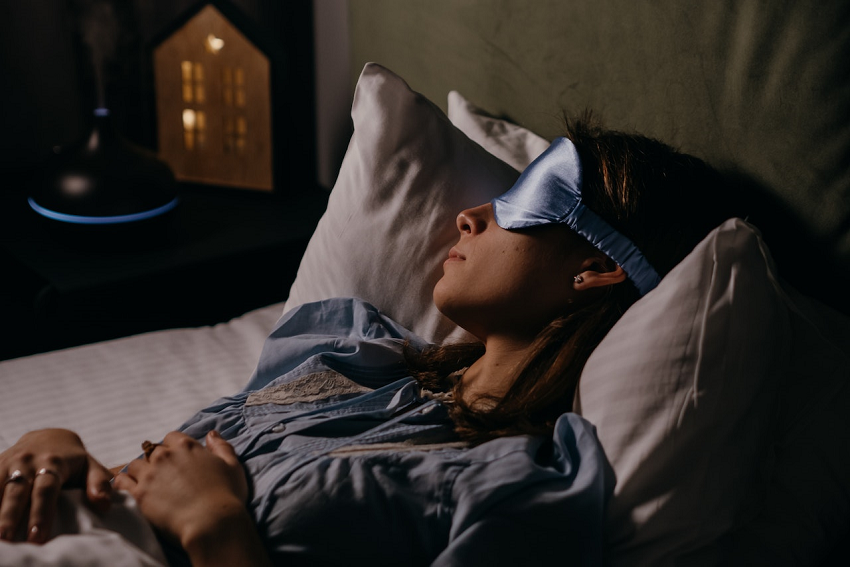
A good night’s sleep is something that evades everyone from time to time. There are a number of reasons why your sleeping patterns can get disrupted, but the results are the same: you feel unrested, tired, and irritable the next day!
If you are struggling to get a better night’s sleep, consider these six strategies you can use to get back into a good sleeping routine again.
1. Set a specific bedtime for yourself and actually stick to it:
Perhaps you haven’t had a bedtime since your parents enforced one in your childhood years. If this is the case, this may be hard to hear: your parents were onto something!
Going to bed at the same time each evening is a great way to tap into your body’s sense of natural rhythms. Whenever something becomes habitual and routine, your body will begin to expect it and subsequently prepare for it prior to the time for the activity to happen.
For example, if you start going to bed (as in, lights out and eyes closed) by 10:30 pm, you will begin to notice something interesting over the next few weeks – your eyelids will likely begin to feel heavy by 10:30 pm without even having to think about feeling sleepy! Take advantage of your body’s natural rhythms to make sleeping easier.
2. Create a bedtime routine that you look forward to doing each evening:
Make getting ready for bedtime something you look forward to doing. For example, let’s say you plan to go to bed by 10:30 pm because you now have an established bedtime. Starting an hour prior to bedtime, you can fill the hour with relaxing activities that get you ready for bed, such as…
- Taking a hot bath or shower
- Plugging your cell phone into the charger for the rest of the evening
- Spending some time reading
- Practicing some yoga poses or stretching
- Completing a skincare and hygiene routine
These kinds of activities are designed to help you ease into a more relaxed state of mind, which will make easing into sleep much better.
3. Make your bedroom a relaxing and inviting place to rest:
You are far more likely to relax and get a good sleep if your bedroom is conducive to good resting and sleeping. Take a look around your bedroom and determine what you can do to make the space more sleep friendly.
For example, you could add…
- A white noise machine
- Thick curtains to block out any light from windows
- Low lighting options to set a relaxing mood as you wind down
- Extra blankets and pillows
- Scented candles or essential oil diffusers
4. Avoid using any screens for at least one hour prior to your bedtime.
Watching TV or scrolling through your phone might be your usual pre-bedtime norm, but doing these activities can wreck your chances of good sleep! Bright screens can make your brain feel “awake,” even when you physically want to fall asleep. Leave any screen time out of your bedtime routine.
5. Keep work-related tasks out of your sleeping area:
Keep your bedroom a sacred space for resting and sleeping. If you live in a small space and have to have your workspace in your bedroom, try to keep work-related tasks and items confined to a specific area, such as in a corner of the room or on a desk rather than your bed.
While this strategy is more psychology based, it is effective because it helps you compartmentalize what certain spaces are for, and your bed is for resting…not working or thinking about work!
6. Keep your sleeping space as cool and comfortable as possible:
People tend to sleep better if they are in a cool environment. Use fans or lightweight sheets and blankets to keep yourself feeling cool and comfortable throughout the night. This strategy can help you stay asleep longer rather than waking up in the middle of the night hot, uncomfortable, and struggling to fall asleep again.









